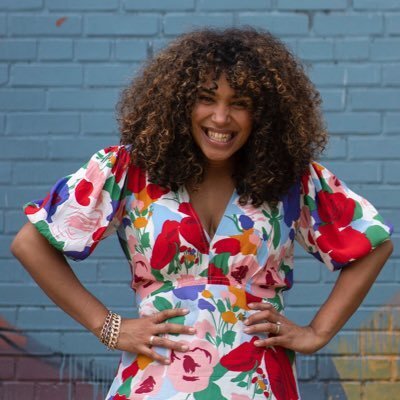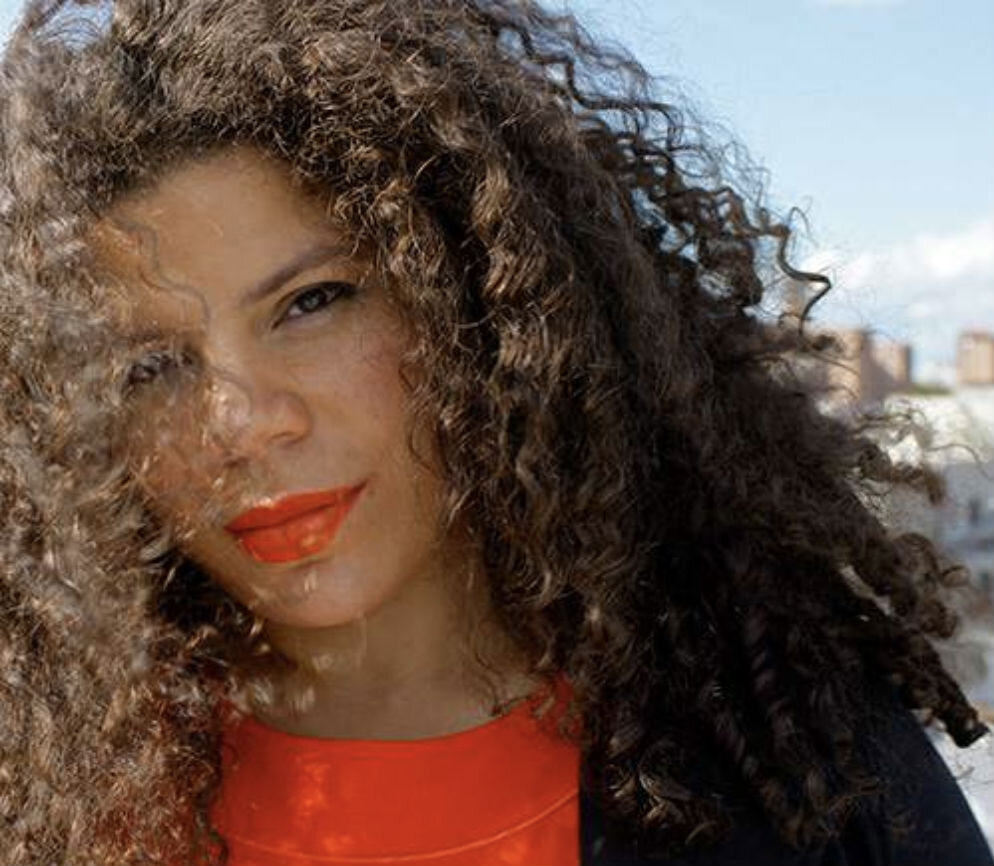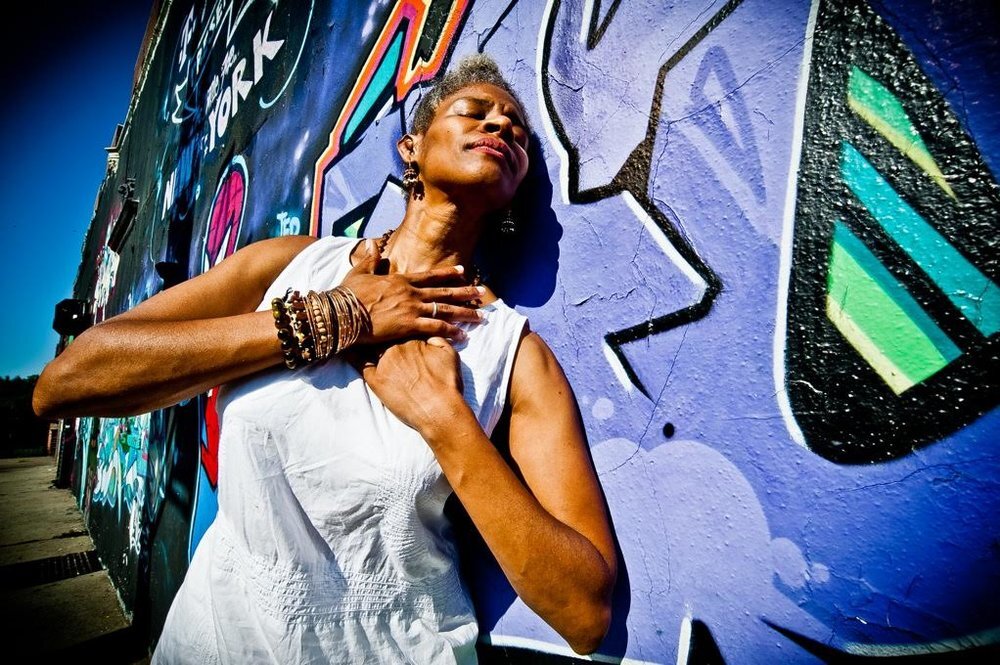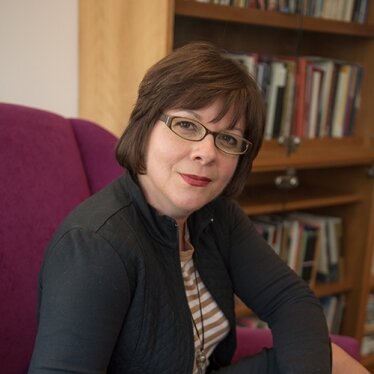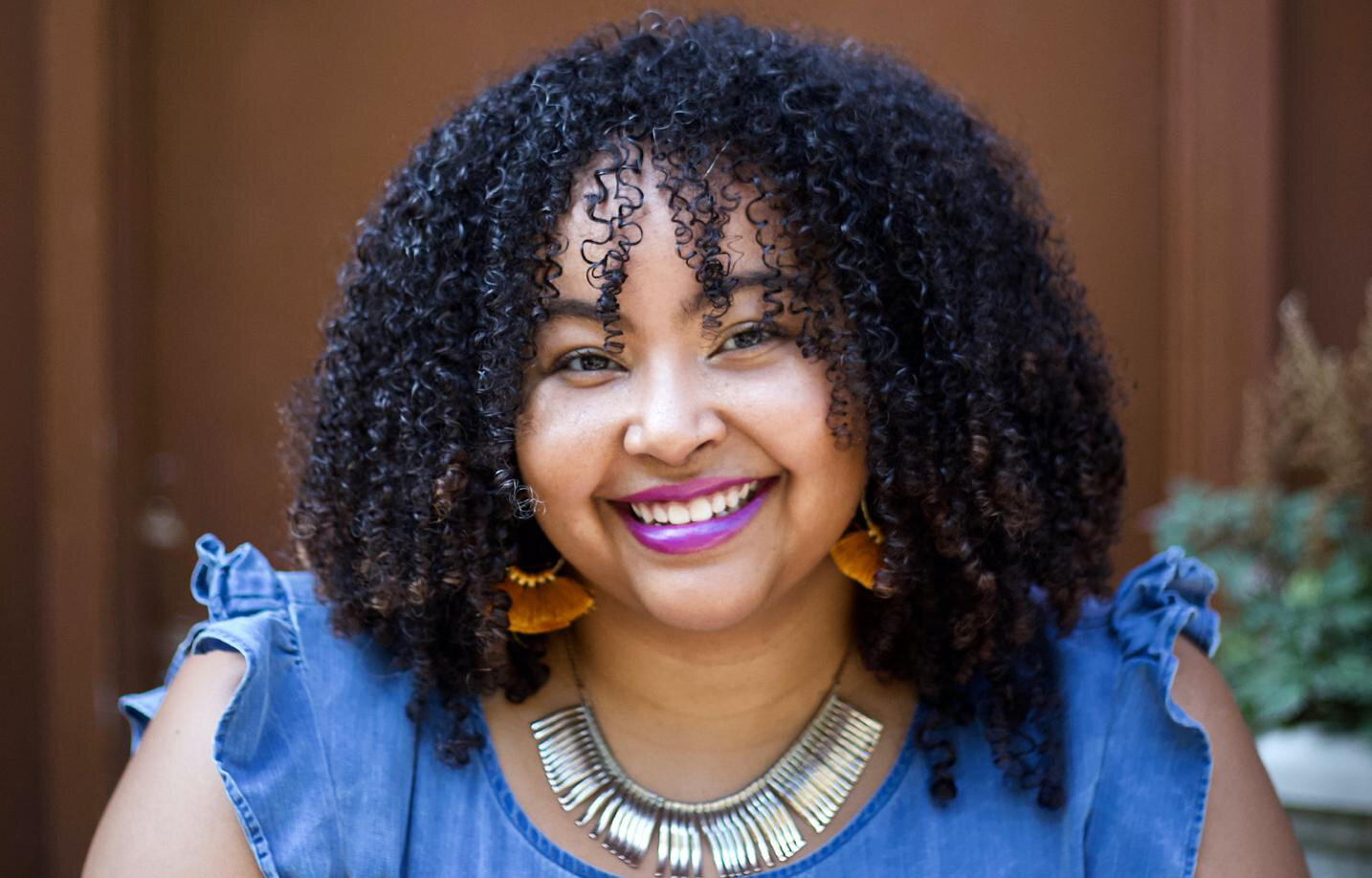La Cigüapa’s unboundedness—her strange embodiment with backward-facing feet, her connection to the forest, and her refusal to be enclosed in the domestic space—is a framework for transnational AfroDominican women’s experiences of geographical movement, as well as the fluidity of their identities and their constant transformation to the point that it is at times illegible, unattainable, and untraceable. Based on the framework for Omaris Z. Zamora's first book project, Ciguapa Unbound: AfroLatina Feminist Epistemologies of Tranceformation, author and poet Elizabeth Acevedo, artist Firelei Báez, performance artist Josefina Báez, and Ginetta Candelario, Professor of Sociology and of Latin American & Latino/a Studies at Smith College, will join her in collective dialogue of the critical fabulations of La Ciguapa’s story and the ways it allows them to grapple with the erasure of Blackness, through indigenista mestizaje in the Dominican context as well as the transnational geographies she inhabits. La cigüapa’s story is one of rebellion and marronage grappling with and surviving in the colonial post-apocalypse.
Co-Sponsored by NYU Institute of African American Affairs (IAAA) & Center for Black Visual Culture
Speakers
Elizabeth Acevedo is the New York Times-bestselling author of The Poet X, which won the National Book Award for Young People’s Literature, the Michael L. Printz Award, the Pura Belpré Award, the Carnegie medal, the Boston Globe–Horn Book Award, and the Walter Award. She is also the author of With the Fire on High—which was named a best book of the year by the New York Public Library, NPR, Publishers Weekly, and School Library Journal—and Clap When You Land, which was a Boston Globe–Horn Book Honor book and a Kirkus finalist.
She holds a BA in Performing Arts from The George Washington University and an MFA in Creative Writing from the University of Maryland. Acevedo has been a fellow of Cave Canem, Cantomundo, and a participant in the Callaloo Writer’s Workshops. She is a National Poetry Slam Champion, and resides in Washington, DC with her love.
Firelei Báez casts diasporic histories into an imaginative realm, re-working visual references drawn from the past to explore new possibilities for the future. With a goal to reclaim power, Báez overlays figuration, symbolic imagery, and abstract gesture onto large-scale reproductions of found maps and documents. She populates these historically-loaded representations of space with change-making creatures—whose hybrid forms incorporate folkloric and literary references, textile pattern, plantlife, and wide-ranging emblems of healing and resistance—to present fictional alternative universes.
Firelei Báez (b. 1981, Dominican Republic) received an M.F.A. from Hunter College, a B.F.A. from the Cooper Union’s School of Art, and studied at the Skowhegan School of Painting and Sculpture. In 2020, Báez is shortlisted for Artes Mundi 9, and will be the subject of a solo presentation at the ICA Watershed, Boston, MA this summer. In 2019, the artist had solo exhibitions at the Mennello Museum of Art, Orlando, FL, the Witte de With Center for Contemporary Art, Rotterdam, the Netherlands, and the Modern Window at the Museum of Modern Art, New York. Her major 2015 solo exhibition Bloodlines was organized by the Pérez Art Museum Miami and travelled to the Andy Warhol Museum in Pittsburgh.
Josefina Báez (La Romana, Dominican Republic/New York) Storyteller, ArteSana, performer, writer, theatre director, educator, devotee. Founder and director of Latinarte/Ay Ombe Theatre (April 1986). Alchemist of artistic/creative life process, Performance Autology© (creative process based on the autobiography of the doer). Joy, is the vital element present in her narrative, practice and teachings.
Ginetta Candelario is a faculty affiliate of the Latin American and Latina/o Studies Program (LALS), the Study of Women and Gender Program (SWG), the Community Engagement and Social Change Concentration (CESC), and she also served on the advisory group for the Gloria Steinem & Wilma Mankiller School for Organizers at Smith College. She has also been the editor of Meridians: feminism, race, transnationalism since July 2017. She has directed the LALS Program several times, most recently from 2011 to 2014, and is the founding vice president of the National Latin@ Studies Association (LSA). She is a founding executive committee member of the New England Consortium for Latina/o Studies (NECLS), she was appointed by the American Sociological Association to its Committee on Professional Ethics for 2017–20 and to the Finance Committee for 2021-2024. In addition, she has served as the Gender Section co-chair, the Latina/o Studies Program track chair, the Latino Studies Section co-chair and most recently on the Executive Council for the Latin American Studies Association (LASA).
Candelario's research interests include Dominican history and society, with a focus on national identity formation and women’s history; Blackness in the Americas; Latin American, Caribbean and Latina feminisms; Latina/o communities (particularly Cuban, Dominican and Puerto Rican); U.S. beauty culture; and museum studies. She has been a Fulbright Scholar in the Dominican Republic twice, in 2003 and 2016.
Omaris Z. Zamora is The Latinx Project’s inaugural Miriam Jiménez Román Fellow. She is a transnational Black Dominican Studies scholar and spoken-word poet. Her research interests include: theorizing AfroLatinidad in the context of race, gender, sexuality through Afro-diasporic approaches. Her work has been published in Post45, Latinx Talk, Label Me Latina/o, among others and has been featured on NPR’s Alt.Latino podcast. She fuses her poetry with her scholarly work as a way of contributing to a black poetic approach to literature and cultural studies.
Image credit: How to slip out of your body quietly, 2018. Firelei Báez. Acrylic and oil on paper. 70 x 118in. 177.8 x 299.7cm.
Courtesy of the artist and James Cohan, New York.
Photo: PHOCASSO
Event Recap
Moderated by our inaugural Miriam Jiménez Román Fellow Omaris Zamora, this intergenerational conversation on the significance of la Cigüapa featured Josefina Báez, Firelei Báez, Elizabeth Acevedo, and Ginetta Candelario. “La Ciguapa is showing us how we think about time, space, creativity, the ways we live in our Blackness as Dominican women navigating the everyday,” Zamora shared, as she connected the panelists’ work -- performance and visual art, as well as academic text -- to her scholarship.


